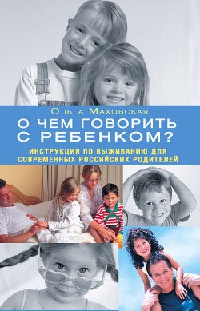Книга Введение в психологическую теорию аутизма - Франческа Аппе
На нашем литературном портале можно бесплатно читать книгу Введение в психологическую теорию аутизма - Франческа Аппе полная версия. Жанр: Книги / Психология. Онлайн библиотека дает возможность прочитать весь текст произведения на мобильном телефоне или десктопе даже без регистрации и СМС подтверждения на нашем сайте онлайн книг knizki.com.
Шрифт:
-
+
Интервал:
-
+
Закладка:
Сделать
Перейти на страницу:
Перейти на страницу:
Внимание!
Сайт сохраняет куки вашего браузера. Вы сможете в любой момент сделать закладку и продолжить прочтение книги «Введение в психологическую теорию аутизма - Франческа Аппе», после закрытия браузера.
Книги схожие с книгой «Введение в психологическую теорию аутизма - Франческа Аппе» от автора - Франческа Аппе:
Комментарии и отзывы (0) к книге "Введение в психологическую теорию аутизма - Франческа Аппе"
























